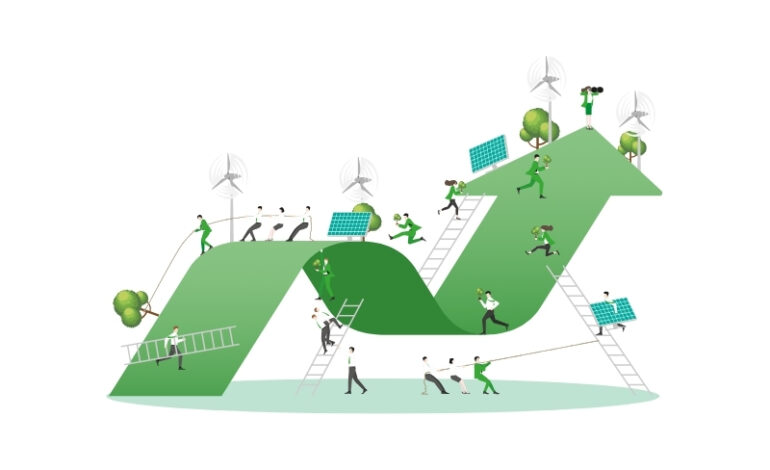The Evolving Art of Blogging: From Digital Diaries to Powerful Publishing Platform

Origins and Early Days of Blogging

In the ever-changing landscape of digital media, few phenomena have captured the imagination of the world quite like blogging. What began as a humble means for individuals to share their thoughts, musings, and personal experiences has evolved into a dynamic and multifaceted industry, weaving its way into the very fabric of modern communication, marketing, and content creation.
The origins of blogging can be traced back to the late 1990s, when a small but passionate cohort of early adopters began experimenting with online publishing tools, creating simple web pages that functioned as personal journals or “web logs.” These digital diaries, often updated with stream-of-consciousness entries, marked the humble beginnings of a revolution that would forever transform the way we consume, create, and interact with content.
Democratization of Publishing

As the internet’s reach expanded and the technological barriers to entry diminished, the blogosphere exploded in both size and influence. Suddenly, anyone with a computer and an internet connection could become a publisher, a commentator, or a curator of information, giving voice to a diverse array of perspectives and experiences that had previously been relegated to the fringes of mainstream media.
This democratization of publishing had a seismic impact, empowering individuals to share their stories, champion their causes, and shape the global discourse on a myriad of subjects. Bloggers emerged as influential thought leaders, trusted authorities, and passionate advocates, wielding the power of the written word to inform, inspire, and captivate audiences across the world.
Technological Evolution

But the true transformative power of blogging lay in its ability to evolve and adapt, seamlessly integrating with the ever-changing landscape of digital technology. As the internet evolved, so too did the tools and platforms that enabled blogging, ushering in a new era of sophisticated content management systems, interactive user experiences, and data-driven optimization.
Today, the modern blog has become a multifaceted publishing platform, a canvas upon which writers, entrepreneurs, and creative visionaries can bring their ideas to life, leveraging a diverse array of multimedia elements, search engine optimization strategies, and audience engagement tactics to maximize their reach and impact.
Rise of Professional Blogging

At the forefront of this evolution are the professional bloggers – a new breed of digital content creators who have harnessed the power of blogging to build thriving personal brands, influential online communities, and lucrative business models. These individuals, often specialists in their respective niches, have perfected the art of crafting captivating narratives, generating engaging visual content, and cultivating loyal followings that transcend the traditional boundaries of the blogosphere.
Blogging’s Broader Impact
Yet, even as blogging has evolved into a sophisticated and lucrative industry, it has managed to retain the core essence that made it so compelling in the first place – the ability to connect people, share ideas, and inspire change. The best bloggers, regardless of their niche or scale, understand that the true power of their craft lies in their capacity to forge meaningful connections, to spark conversations, and to touch the lives of their readers in profound and lasting ways.
Blogging Beyond Personal Expression
The impact of blogging extends far beyond the confines of individual platforms and personal narratives. As a powerful publishing tool, blogging has also become an integral component of modern marketing and communications strategies, enabling businesses, organizations, and even political movements to cultivate their brand identity, engage with their target audiences, and amplify their messages in unprecedented ways.
The Future of Blogging

Looking towards the future, the potential of blogging remains boundless. As emerging technologies like artificial intelligence, virtual reality, and the semantic web continue to reshape the digital landscape, bloggers will be called upon to adapt, innovate, and push the boundaries of what is possible in the realm of online publishing and content creation.
Ultimately, the enduring legacy of blogging lies in its ability to adapt, evolve, and continue to captivate the imaginations of both creators and consumers alike. As the digital world continues to transform, the blogosphere will undoubtedly continue to play a vital role in shaping the future of online communication, content creation, and community-building.







